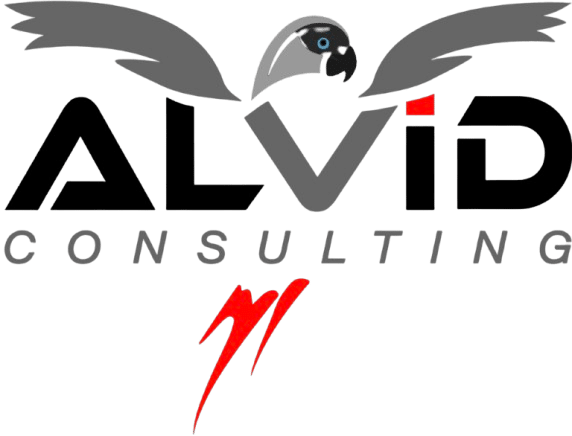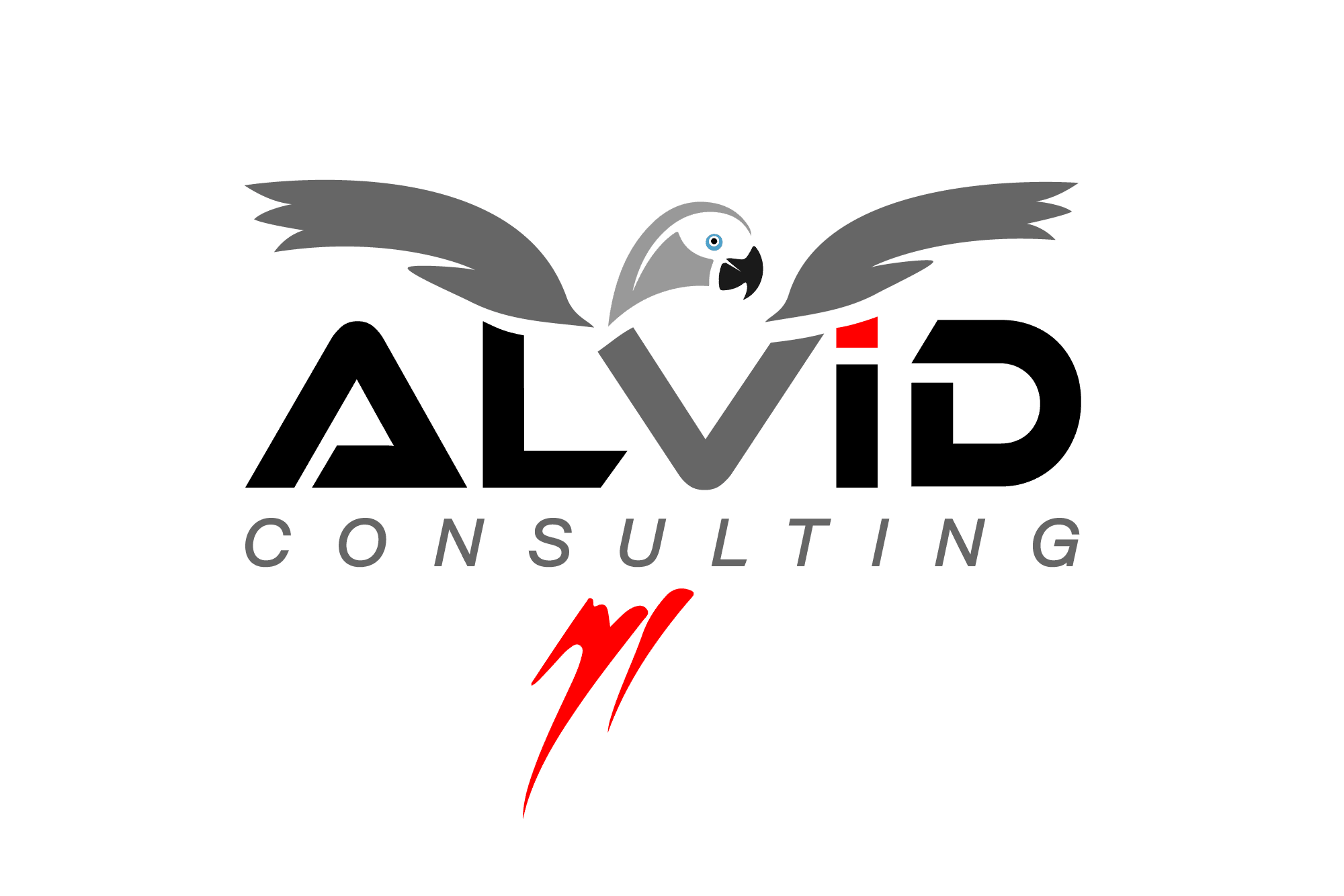Project Management vs. Project Control Management: Understanding the Key Differences and the Role of Planning & Scheduling
Introduction :
In the world of project execution, two essential disciplines often come into play: Project Management (PM) and Project Control Management (PCM). While closely related, they serve distinct functions and require different skill sets.
Both disciplines are critical to project success, but their focus, responsibilities, and objectives differ significantly. Understanding these differences—and how planning and scheduling fit into each—ensures better project execution, cost efficiency, and risk mitigation.
This article provides a detailed, high-quality comparison of these two fields and explains their connection to planning and scheduling, which are crucial for successful project execution.

1. What is Project Management?
✅ Definition:
Project Management is the strategic discipline that involves initiating, planning, executing, monitoring, and closing a project to meet specific scope, time, cost, and quality objectives.
🎯 Key Responsibilities of a Project Manager (PM):
- Defining project objectives, scope, and deliverables 📜
- Establishing high-level project timelines and budgets ⏳💰
- Allocating resources (personnel, materials, finances) 👥
- Managing stakeholder communication & expectations 🤝
- Leading project teams & making executive decisions 🎩
- Ensuring project risks are identified & mitigated ⚠️
- Balancing competing project constraints (cost, time, quality, risk) ⚖️
📌 Focus Areas: Leadership, strategic decision-making, stakeholder engagement, and execution oversight.
2. What is Project Control Management?
✅ Definition:
Project Control Management (PCM) is a subset of Project Management that focuses on tracking, analyzing, and managing project performance through cost control, schedule control, risk management, and reporting.
PCM ensures that the project stays within scope, budget, and schedule constraints, using data-driven analysis rather than high-level decision-making.
🎯 Key Responsibilities of a Project Controller (PCM):
- Developing and maintaining the project schedule 📅
- Monitoring project costs, budgets, and expenditures 💰
- Performing Earned Value Management (EVM) analysis 📊
- Tracking project risks and implementing mitigation strategies ⚠️
- Ensuring adherence to scope and identifying scope creep 🚧
- Generating regular project reports & forecasts 📈
- Coordinating with stakeholders for corrective actions 🔄
📌 Focus Areas: Data analysis, cost tracking, risk management, performance monitoring, and detailed reporting.
3. Core Differences Between Project Management & Project Control Management
Aspect Project Management (PM) Project Control Management (PCM) Scope Manages the entire project lifecycle Focuses on monitoring and controlling project execution Primary Role Strategic leadership, decision-making Data analysis, tracking, and reporting Focus Areas Scope, cost, time, quality, risk, and stakeholder management Cost control, schedule control, risk tracking, forecasting Decision Power High-level decision-making authority Provides data to inform decision-making Deliverables Project execution, stakeholder engagement Schedules, cost reports, risk analysis, and KPIs Software Tools Microsoft Project, Primavera P6, Jira, Trello Primavera P6, SAP, Oracle Cost Management, Excel, Power BI
📌 Summary: Project Managers define objectives and strategy, while Project Controllers ensure execution stays within constraints through tracking and analysis.
4. The Role of Planning and Scheduling in Project Management & Control
Planning and scheduling are fundamental to both Project Management and Project Control, but their application and focus areas differ.
📌 A. What is Planning?
✅ Definition:
Planning involves defining project objectives, deliverables, execution strategies, and resource allocation before work begins.
🎯 Key Components of Planning:
- Work Breakdown Structure (WBS): Hierarchical decomposition of project tasks.
- Scope Definition: Clearly defined deliverables and work packages.
- Resource Allocation: Assigning workforce, materials, and budget.
- Risk Identification: Identifying potential project risks and mitigation strategies.
- Procurement Planning: Ensuring materials, equipment, and contracts are prepared.
📌 Planning in Project Management:
- Strategic-level planning to set objectives and high-level deliverables.
- Managing stakeholder expectations and approvals.
- Establishing key milestones and governance frameworks.
📌 Planning in Project Control Management:
- Detailed execution planning, defining schedule, cost estimates, and risk parameters.
- Creating baseline cost and schedule plans for tracking performance.
- Identifying potential constraints before execution begins.
📌 B. What is Scheduling?
✅ Definition:
Scheduling is the process of sequencing and timing project activities based on dependencies, resources, and constraints.
🎯 Key Elements of Scheduling:
- Activity Definition: Breaking down WBS into detailed, executable tasks.
- Duration Estimation: Assigning realistic time estimates for each task.
- Logical Dependencies: Establishing task relationships (FS, SS, FF, SF).
- Critical Path Analysis: Identifying the longest path that dictates project duration.
- Resource Loading: Allocating personnel and equipment to tasks.
- Baseline Creation: Setting an approved reference schedule for tracking progress.
📌 Scheduling in Project Management:
- High-level milestone scheduling to monitor project deadlines.
- Less focus on detailed execution; more concerned with overall project timelines.
- Used for stakeholder communication and executive reporting.
📌 Scheduling in Project Control Management:
- Detailed activity-based schedules with dependencies and resource leveling.
- Uses Primavera P6, Microsoft Project, or Oracle for schedule tracking.
- Continuously monitors, updates, and forecasts progress.
- Uses Earned Value Management (EVM) to assess schedule adherence.
5. The Integration of Planning & Scheduling in PCM & PM
While planning and scheduling are separate activities, they must work together for project success.
📌 Example Workflow:
1️⃣ PM defines project scope and key milestones.
2️⃣ PCM creates a detailed schedule using Primavera P6.
3️⃣ PM approves the baseline schedule.
4️⃣ PCM continuously monitors progress, updates forecasts, and tracks risks.
5️⃣ PM makes strategic decisions based on PCM reports.
6️⃣ PCM ensures corrective actions are implemented to align with project goals.
Conclusion: Which Role is More Important?
Both Project Management (PM) and Project Control Management (PCM) are critical for project success.
- PM provides leadership, decision-making, and vision.
- PCM ensures accuracy, accountability, and compliance.
A well-executed project requires a strong project manager to guide strategy and a skilled project controller to ensure execution remains on track. 🚀
💬 What are your thoughts? Do you think project management or project control is more critical? Share your insights below! 👇

